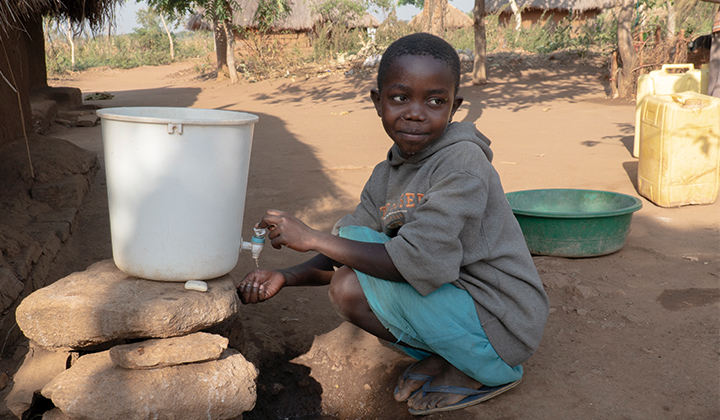This is how your support helps in Uganda

We help Ugandan refugee children deal with trauma, go to school, play, do every-day routines, get a livelihood, and have a sense of security.
With your support, Fida’s trained staff will help refugees deal with trauma both individually and as a group. Because exercise alleviates trauma symptoms, sports clubs will be organized for children with your support, where they can be together, move freely, and play in a safe environment. Fida employees assess the children’s needs and steer them forward accordingly.
With your support, we provide children with necessary school supplies such as pens, erasers, and educational materials so they can continue learning even when the schools are closed. This will avert dropping out from school and help them build a future. We safeguard girls from pregnancy with a helpline and other resources and teach them how to make menstrual pads so that they do not have to miss school during their period or leave school because of pregnancy. Family livelihoods are also improved by teaching farming, and young people get business training so that they can earn money.
If you can help a poor, vulnerable person, please help. Let’s work together. – appeals the project coordinator, Francis Emechu.
So how does your support help?
• Pregnancy protection counseling for 3 girls costs 15 €. This includes maintaining a helpline and reading materials to raise awareness among both young girls and adults.
• School material for 5 children is € 40. This includes pens and erasers as well as educational materials that refugee children would not otherwise be able to afford.
• A sports club for 200 children is € 100. The effects of exercise on well-being are significant. At the sports club, children can play in a safe environment under the guidance of trusted adults.
• Trauma therapy for two days for 20 people costs € 250. In addition to individual therapy, trained workers also facilitate group therapy, which is designed to help refugees deal with their traumatic experiences.
